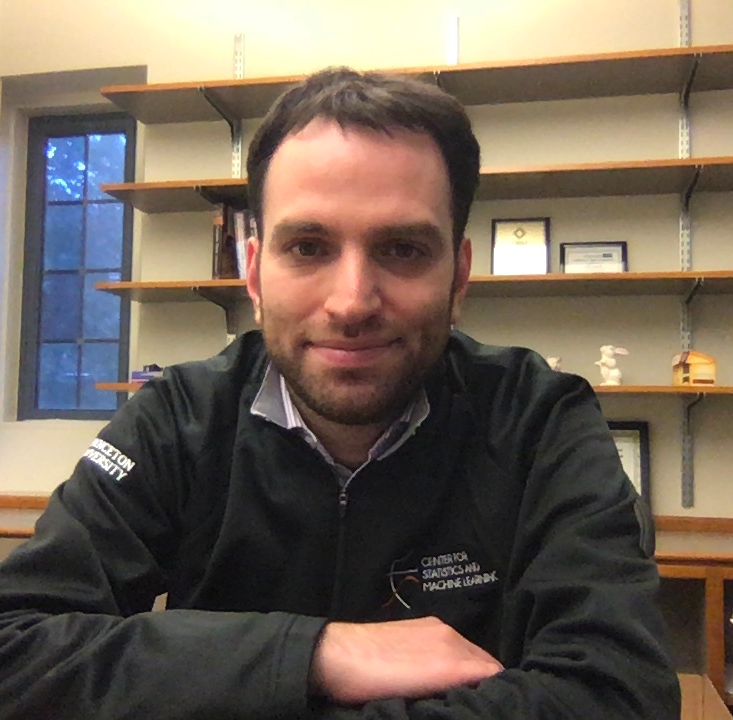SML201: Introduction to Data Science
Spring 2019
Course staff
Course description Introduction to Data Science provides a practical introduction to the burgeoning field of data science. The course introduces students to the essential tools for conducting data-driven research, including the fundamentals of programming techniques and the essentials of statistics. Students will work with real-world datasets from various domains; write computer code to manipulate, explore, and analyze data; use basic techniques from statistics and machine learning to analyze data; learn to draw conclusions using sound statistical reasoning; and produce scientific reports. No prior knowledge of programming or statistics is required.








